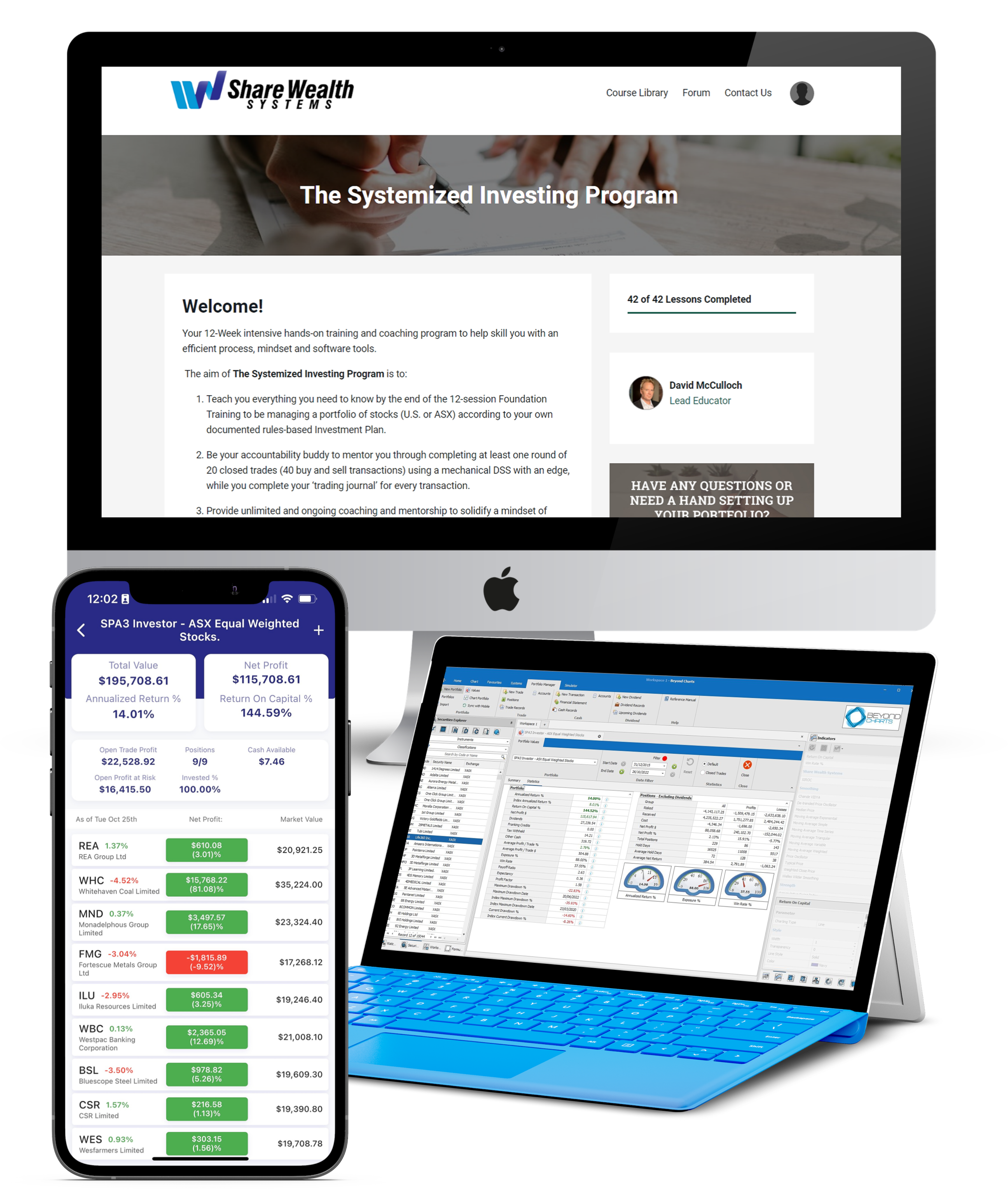In times past, decisions were based, more often than not, on much less information than we now use to arrive at our decisions. This is, of course, due to the huge amount of information that is now available to us electronically via the Internet and other electronic communication media including mobile phones and the various social networking and information distribution sites and resources. We are literally bombarded with information on a daily basis. People feel a constant need to have all sorts of information available at the click of a button 24 hours a day. Many people even find it hard to operate within this constant flow of information, suffering from what social researchers have termed FOMO disease or Fear Of Missing Out.
This increased information flow can be a good thing if it is used in a positive way and when it is used to empower people in their decisions. You can find out the rating of a restaurant on an app on your mobile phone whilst standing at the front door deciding on if you will go in for dinner, or quickly find the location of the nearest hospital if you have just witnessed an accident. But research, like that being conducted by Dimoka (see blog 2 weeks ago) is also finding that this huge amount of information is not always for the best. She cites the example of people scouring scores of travel websites when trying to decide on their annual vacation only to become so overwhelmed by the choices and information available that they either give up and go and visit a traditional travel agent, go back to where they went last year, or simply stay at home! The overload of information as experienced by the volunteers in the study we discussed in the blog 2 weeks ago, simply leads to information paralysis where our brains literally ‘freeze up’.
As more information finds its way to us more often and in more ways than ever before the consequences of trying to absorb all this available information and use it effectively are leading to harmful cognitive effects and the loss of the ability to make creative and informed decisions. Indeed it has been found that more and more information can actually lead to poorer choices and that our sub-conscious cognitive systems that guide many of our decisions are being beaten up.
The relevance of this information to share traders and investors is that too much information from too many sources will lead to information overload, and analysis paralysis, leading to too many poor decisions. The consequences of the latter are indecision and inaction. There are several patterns that scientists have discovered that emerge from the increased information flows we are experiencing and we will delve into the first of these next week.



Very good article Gary. It’s not only information overload but also determining what’s factual and what’s not. There is a large amount of unreliable information going around.